Short bowel syndrome (SBS): Colostomy diet
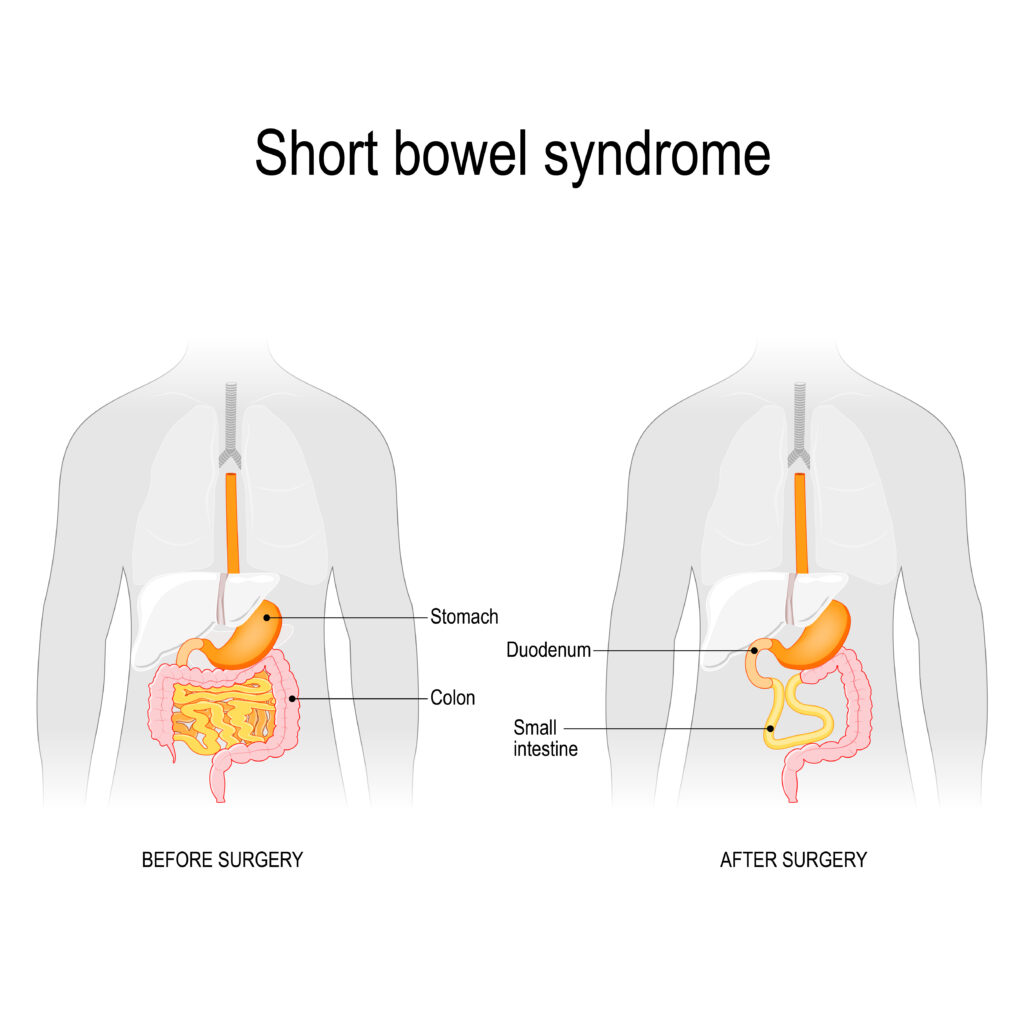
If you have a colostomy with short bowel syndrome (SBS), you may need to adjust what you eat and drink to change your stool output.
Probiotics
Probiotics are often bacteria or other living organisms, like yeasts, that are usually found in foods or dietary supplements.
Crohn’s disease: exclusive enteral nutrition
Exclusive enteral nutrition, or EEN, is a low risk and safe therapy that can help improve symptoms of Crohn’s disease.
Inflammatory bowel disease (IBD): Role of fiber
Consuming a wide variety of foods with fiber is important for gut health in patients with inflammatory bowel disease, or IBD.
Inflammatory bowel disease (IBD): Diet tips
Diet tips to help reduce symptoms during Crohn’s disease or ulcerative colitis flares or active disease.
Low-FODMAP diet
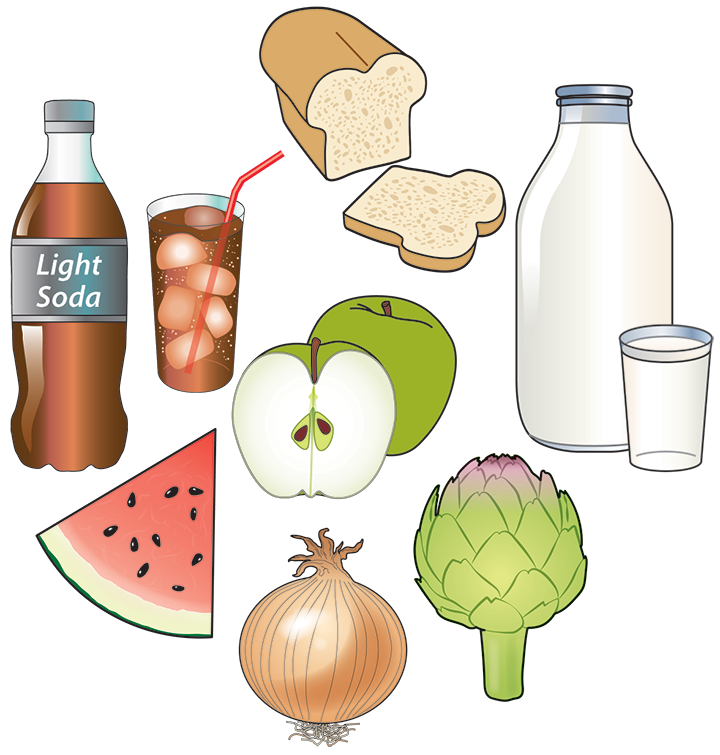
A low-FODMAP diet is low in a group of five sugars found in certain foods, which cause some people to experience bloating, stomach swelling, stomach pain, nausea, diarrhea, and constipation.
Fructose intolerance
Fructose intolerance happens when your body cannot absorb fructose from what you eat or drink.
Pancreatitis
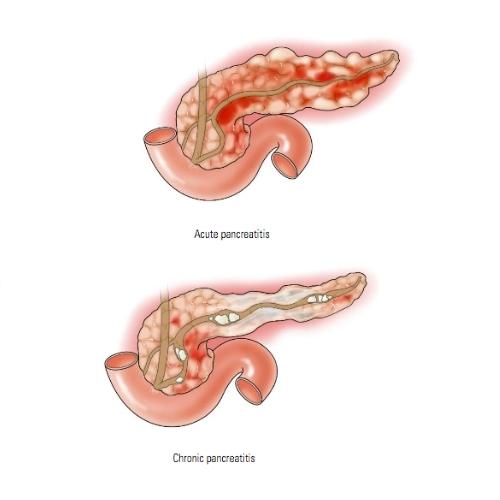
Pancreatitis refers to inflammation (swelling) of the pancreas. It is often caused by gallstones or heavy alcohol abuse. Both acute and chronic pancreatitis symptoms are similar.
Exocrine pancreatic insufficiency (EPI)
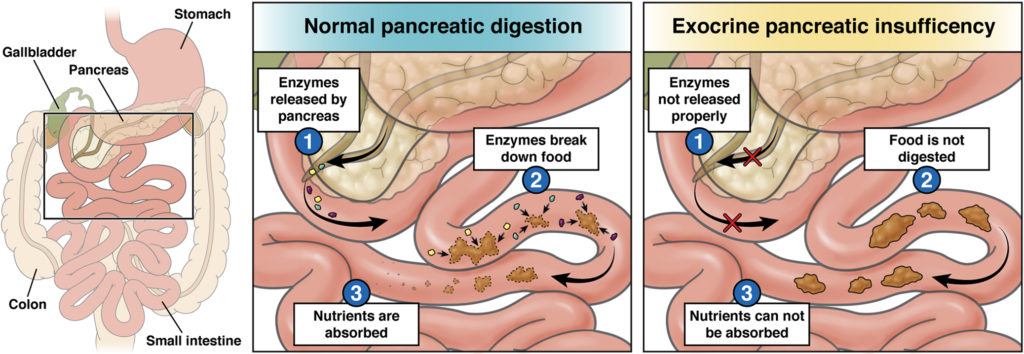
Exocrine pancreatic insufficiency (EPI) is caused by a problem with the pancreas, an organ that plays an important role in digestion. EPI can be difficult to recognize, but once it’s identified, it
can be treated.
Irritable bowel syndrome (IBS)
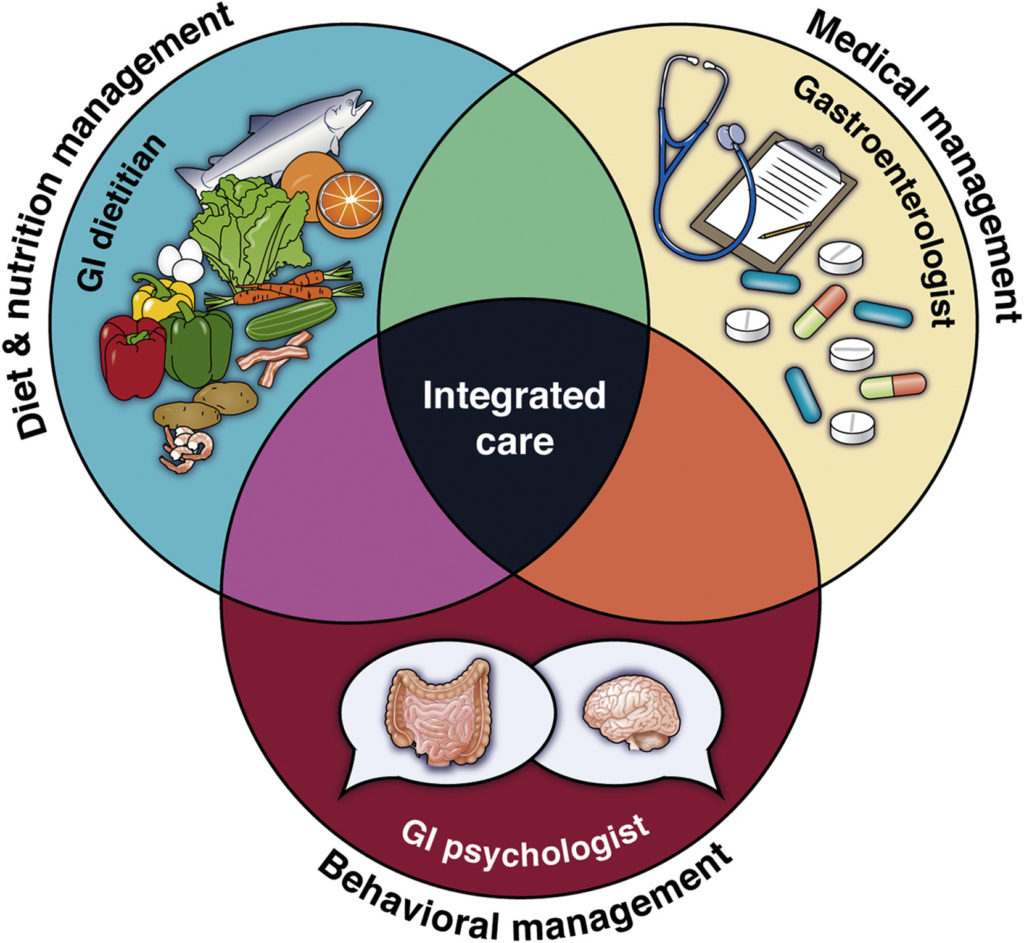
Irritable bowel syndrome (IBS) is one of the common disorders of the large intestine. IBS symptoms can include stomach pain, diarrhea, stomach bloating, constipation and cramping.
